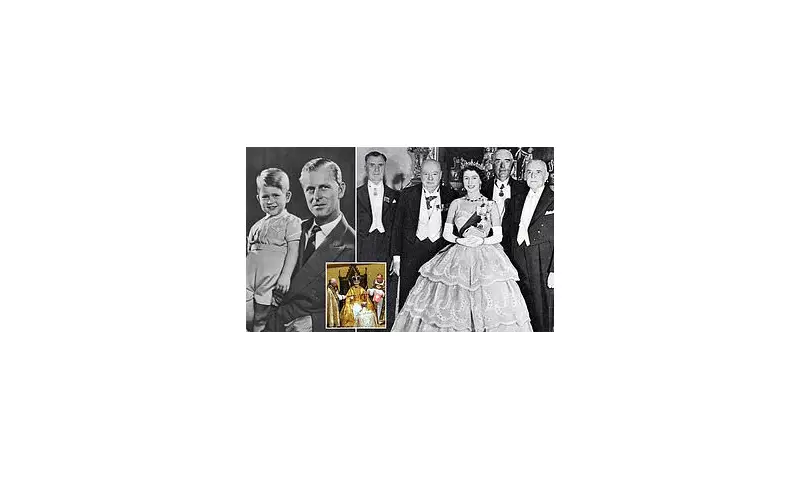
Secret government documents have revealed a remarkable power struggle that threatened to overshadow Queen Elizabeth II's coronation, pitting her new husband against one of Britain's most formidable prime ministers.
Freshly unearthed National Archives papers expose how Prince Philip and Winston Churchill engaged in a bitter clash over the organisation of the 1953 ceremony, with the Duke of Edinburgh accusing the wartime leader of treating him like a 'dastardly' character from a children's story.
The Coronation Committee Clash
At the heart of the conflict was the Coronation Committee, established to plan every detail of the momentous occasion. Prince Philip expected to play a leading role in shaping the ceremony that would cement his wife's reign. However, Churchill and his government had other ideas.
The Prime Minister deliberately excluded the Duke from key decisions, appointing the high-ranking Bernard Norfolk to chair the committee instead. This move infuriated Philip, who saw it as a direct snub and an attempt to marginalise him from royal proceedings.
'Dastardly' Treatment Revealed
In a stunning private letter to Churchill, the Prince expressed his profound disappointment, writing that he had been 'naturally disappointed' by the arrangement. He went further, drawing a striking comparison to his treatment in a popular children's comic of the era.
'I understand that there may be difficulties in my position but I am not either willing to be merely the fairy prince in the coronation or a dummy dressed up for the processions like one of the dastardly characters in Just William,' Philip fumed in his correspondence.
Churchill's Calculated Response
The Prime Minister, never one to back down easily, responded with carefully measured diplomacy. He assured Philip that his role would be 'important and influential,' while simultaneously defending the government's decision to maintain control over the proceedings.
Churchill's correspondence reveals his determination to keep constitutional matters firmly in government hands, despite the young Prince's ambitions for a more significant role in his wife's coronation.
Historical Significance
This extraordinary revelation sheds new light on the early challenges faced by the new Queen and her consort as they navigated the complex relationship between monarchy and government. The documents provide fascinating insight into:
- The power dynamics between the young monarchy and the established political leadership
- Prince Philip's struggle to define his role alongside the new Queen
- Churchill's determination to maintain traditional constitutional boundaries
- The behind-the-scenes tensions that nearly marred one of the century's most significant royal events
The coronation ultimately proceeded successfully on June 2, 1953, becoming a landmark television event that captivated the nation. However, these documents reveal that the path to that historic day was far from smooth, marked by royal resentment and political maneuvering that remained hidden from public view for decades.





